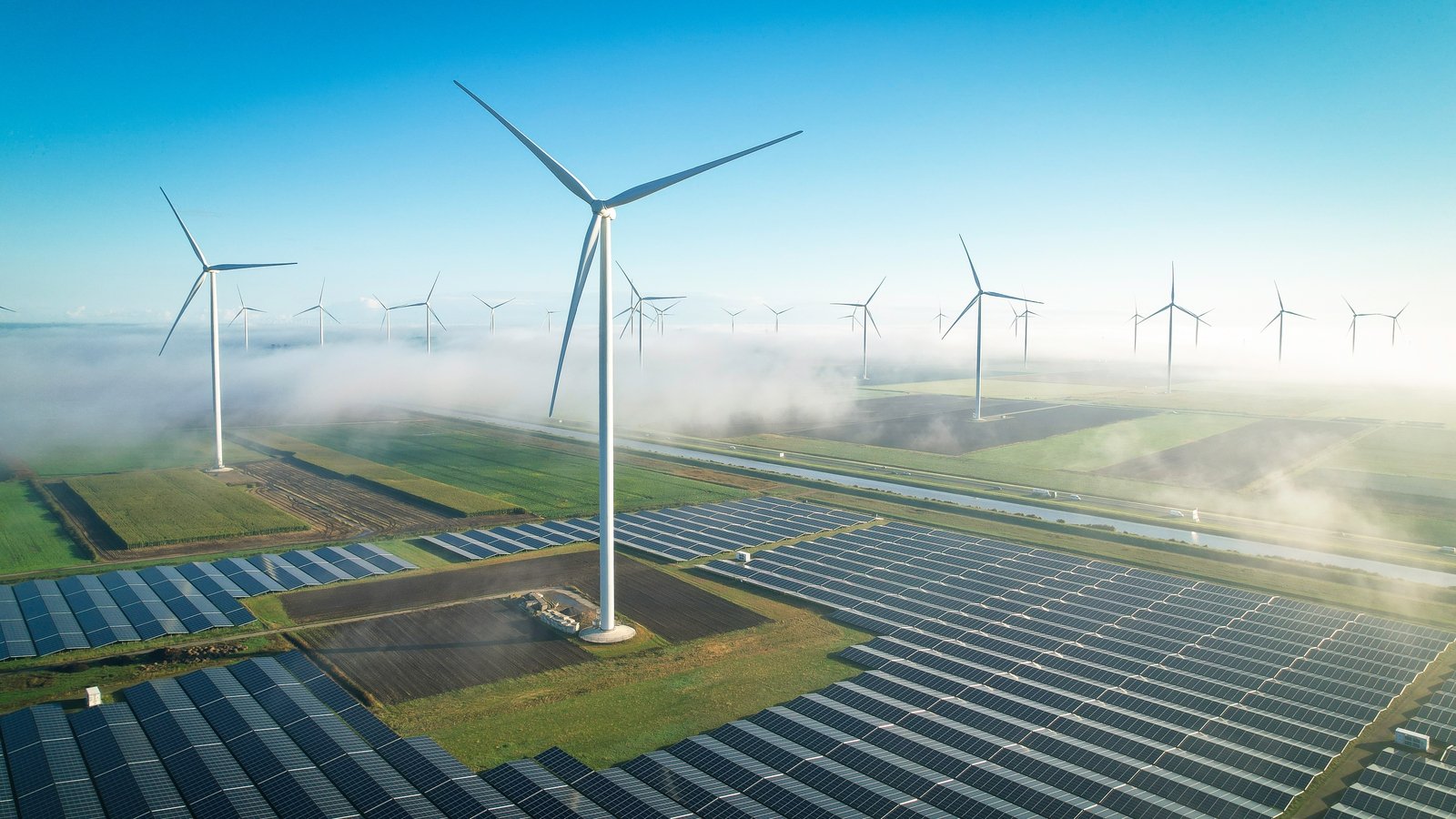Ireland and Northern Ireland will miss their target of having 80% of its electricity generated by renewable sources by 2030 by two years.
That is the view of energy consultancy, Cornwall Insight, which predicts that by the end of the decade, just 70% of electrical power here will be coming from renewables, before the threshold is reached in 2032.
The organisation’s Single Electricity Market (SEM) Benchmark Power Curve finds that delays in the planning process and a shortage of grid connections are among the reasons why the benchmark will not be hit.
This has acted as a barrier to power producers taking part in the Renewable Electricity Support Scheme (RESS 3) auction, it says.
It also points to the lower onshore wind auction price cap for the RESS 4 auction, the last auction to buy generation coming onto the grid before 2030, which it claims will deter bidders.
“Without addressing the systemic challenges in Ireland’s renewables development process, including critical infrastructure and planning concerns, the country’s renewable energy goals will remain out of reach,” said Kitty Nolan, Energy Modeller at Cornwall Insight said.
“While some may argue that the delay won’t have a significant impact, Ireland’s continued reliance on insecure imports exposes us to global market disruptions, which could drive up prices, while our dependence on fossil fuel generated power is delaying our progress toward achieving net zero,” she said.
“It’s crucial that we streamline these planning processes and invest in grid infrastructure to meet our climate commitments. Achieving the 80% renewable target is possible, but it requires decisive and immediate action from all stakeholders involved,” she added.
Despite the challenges facing the achievement of the target, Cornwall Insight suggests significant progress has been made.
The SEM has the highest contribution of wind generation of any power system in the world, it says, and the proportion of electricity coming from renewables is set to double over the next eight years.
Cornwall also points to changes that allow generators to delay their required operational date by up to two years if systems operator grid connection issues or judicial reviews of planning permissions arise.
This, it says, should increase the number of renewables bids.
It also says that Northern Ireland is currently designing a renewable support scheme that is aiming to boost renewable energy projects.
Recently industry organisation, Wind Energy Ireland, warned that dozens of windfarms may have to close before the end of the decade if it is not possible to extend their planning permission timeline.

